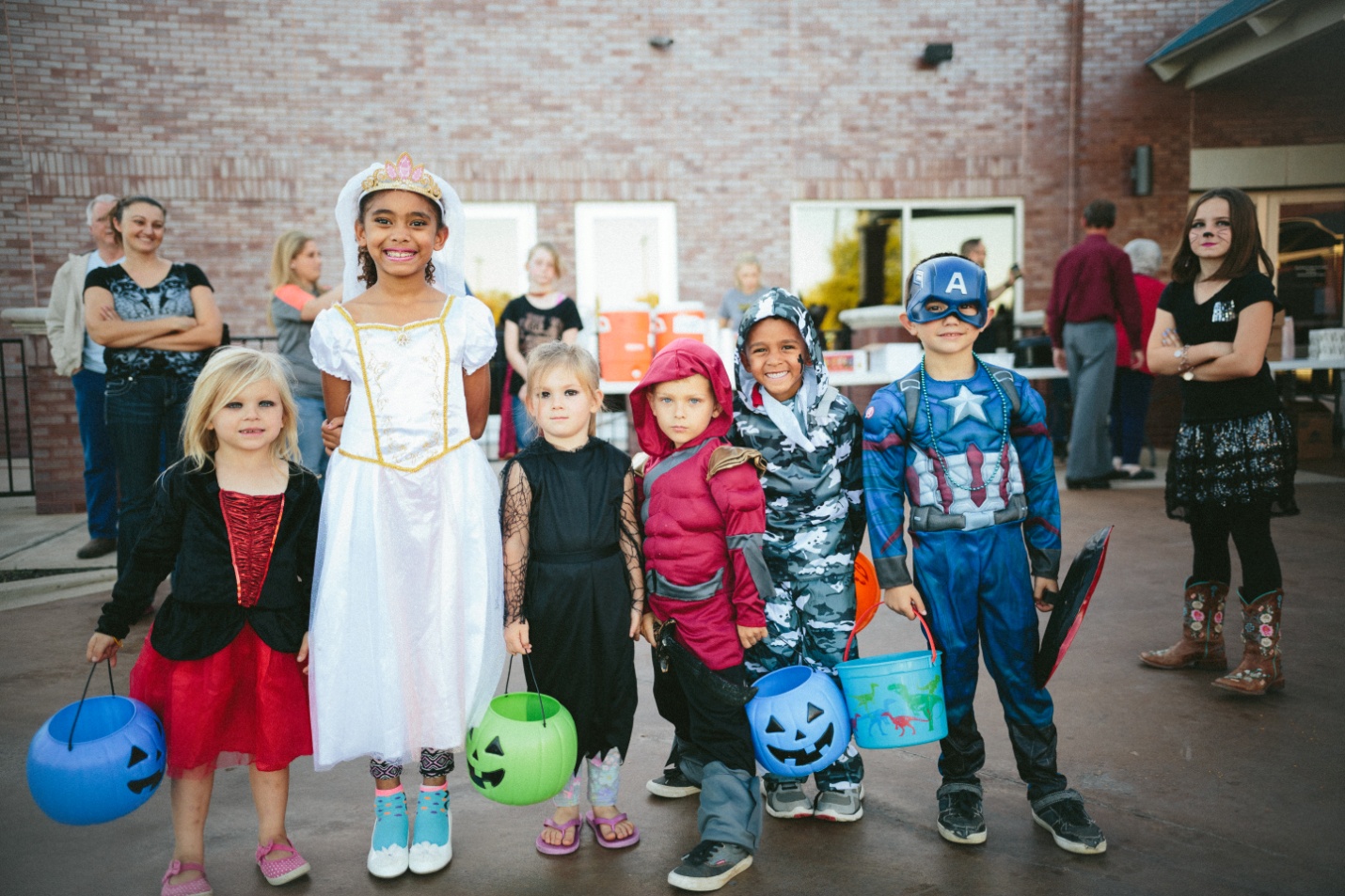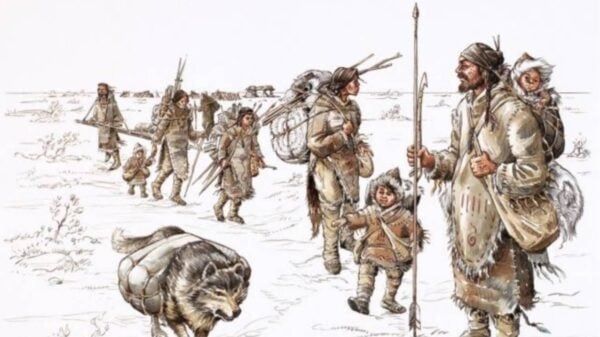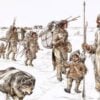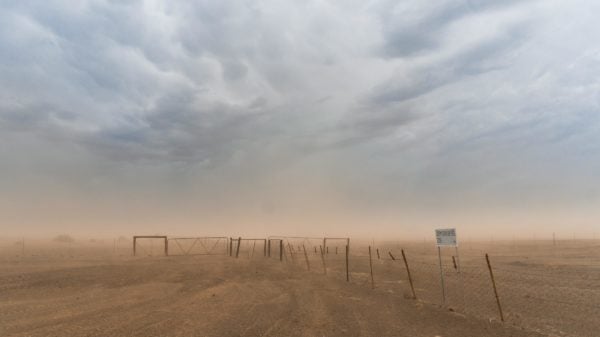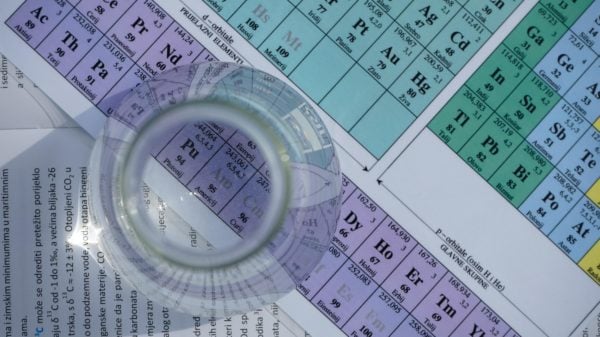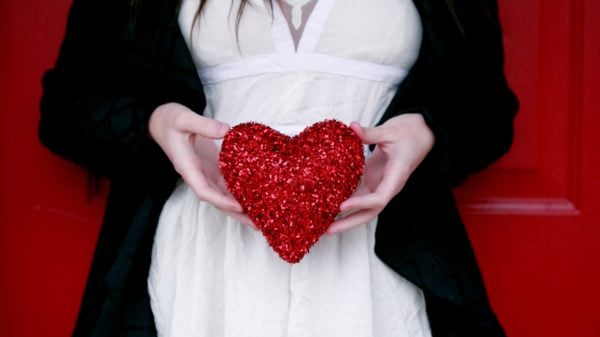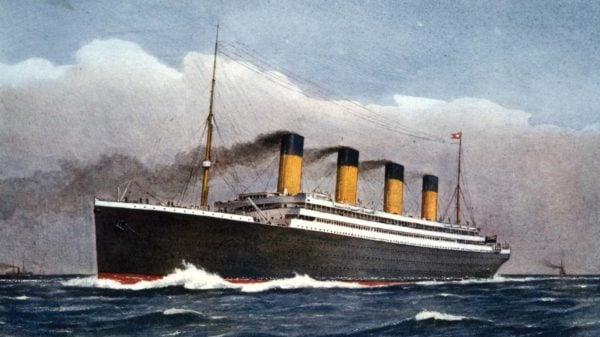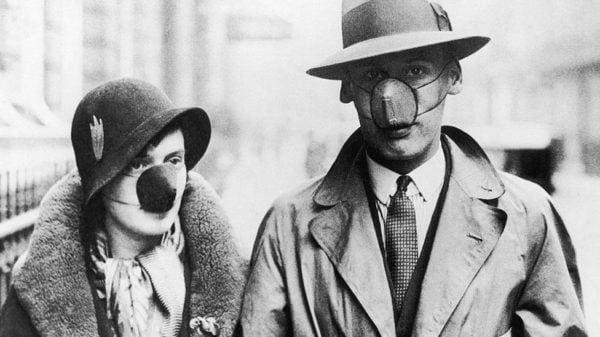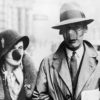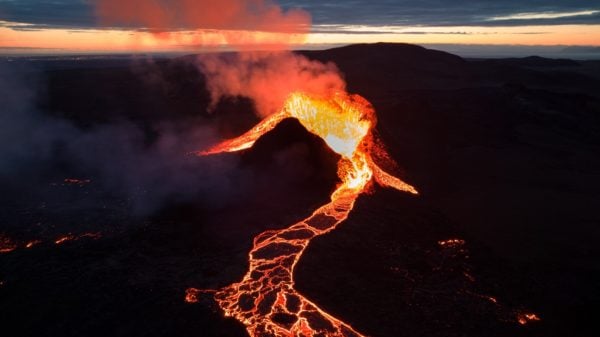One-quarter of all the candy sold in the U.S. in a year is for Halloween. Interesting, yes? Wait till you read about the origins of Halloween. We all think about trick-or-treating, carved pumpkins, costumes, and witches on broomsticks when we hear the word. But how did it all start? Was it always celebrated the way it is now? Let’s dive into the history of Halloween.
It Originated from the Celts
The origins of this holiday date back thousands of years to the Celts, who celebrated a festival known as Samhain that marked the ends of the harvesting and the summer seasons. They believed the veil separating the dead from the living was at its thinnest during this time as the season of warmth and light was about to end while cold and dark days were upon them.
So 2,000 years ago, in the land which is now mostly Ireland, UK, and Northern France, the Celts lit large bonfires to honor their dead loved ones. They believed their ghosts were around them on the night of October 31, and tried communicating with them.
Samhain Festivities
The night also marked the beginning of a new harvesting season, so the Celts tried to intuit the future with the help of the ghosts who they thought knew about it as they were now closer to the Gods. All the Celt villagers gathered around the huge bonfires, wearing animals’ heads and skins, and then they sacrificed crops and animals to keep their Gods happy. After the Celts had made sacrifices, they started their communication with the dead and the divination sessions.
The Association of Bats
We now associate bats with Halloween and that also has a historic reason. The bonfires of the Samhain festivities attracted insects and the bats would gather for an insect feast. Seems like nature also played its part in making the night spookier.
The Association of Witches
The word witches come from the Anglo-Saxon word ‘wicce’, which means the wise one. The Celtic women performed the divination by curling up around the fire and going into a trance-like state. The words they would then speak were taken seriously and thought to be prophecies. The witches might have used broomsticks in the process as well, but that is just a theory.
The Arrival of Romans
By 43 AD, the Romans captured most of the Celtic regions. The Romans had their own two fall festivals. One was Feralia, which was celebrated to honor their dead and the other was to honor the Roman Goddess of Fruits and Trees, Pomona, whose symbol is an apple.
The traditions of all the three festivals got mixed up through the next 400 years that the Romans ruled the land.
Post-Roman Additions
The Christian priests tried to replace the ‘Pagan’ festivities with their own celebrations. All Souls’ Day on November 2 was a day for the living to pray for the dead, and November 1 was All Saints’ Day or All Hallows, which made October 31 an All Hallows Eve.
In ancient Ireland, people used to carve turnips, beets, and potatoes to make them look like demons. They lit them from inside with candles to make them visible and placed them on their doorsteps and windows, hoping to keep the evil spirits away from their homes and welcome their dead loved ones. When Irish settlers came to America, they found pumpkins to be a better alternative to turnips.
In England and Ireland, people later started a tradition called ‘mumming.’ People wandered the streets with food, gifts, and treats for the spirits but later started to go around asking for food themselves. In the 1700s, single women started associating apples with love like the Romans and would compete at bobbing apples to be married soon.
The conventional Halloween we celebrate today in America took its shape when a number of Irish settlers came here due to the potato famine. The prevalent Halloween customs and traditions of America, Ireland, and the UK combined together, and the Halloween we know today was born. The ways we celebrate the occasion might have changed, but all the elements can be traced back, giving you the unique origins of Halloween.


